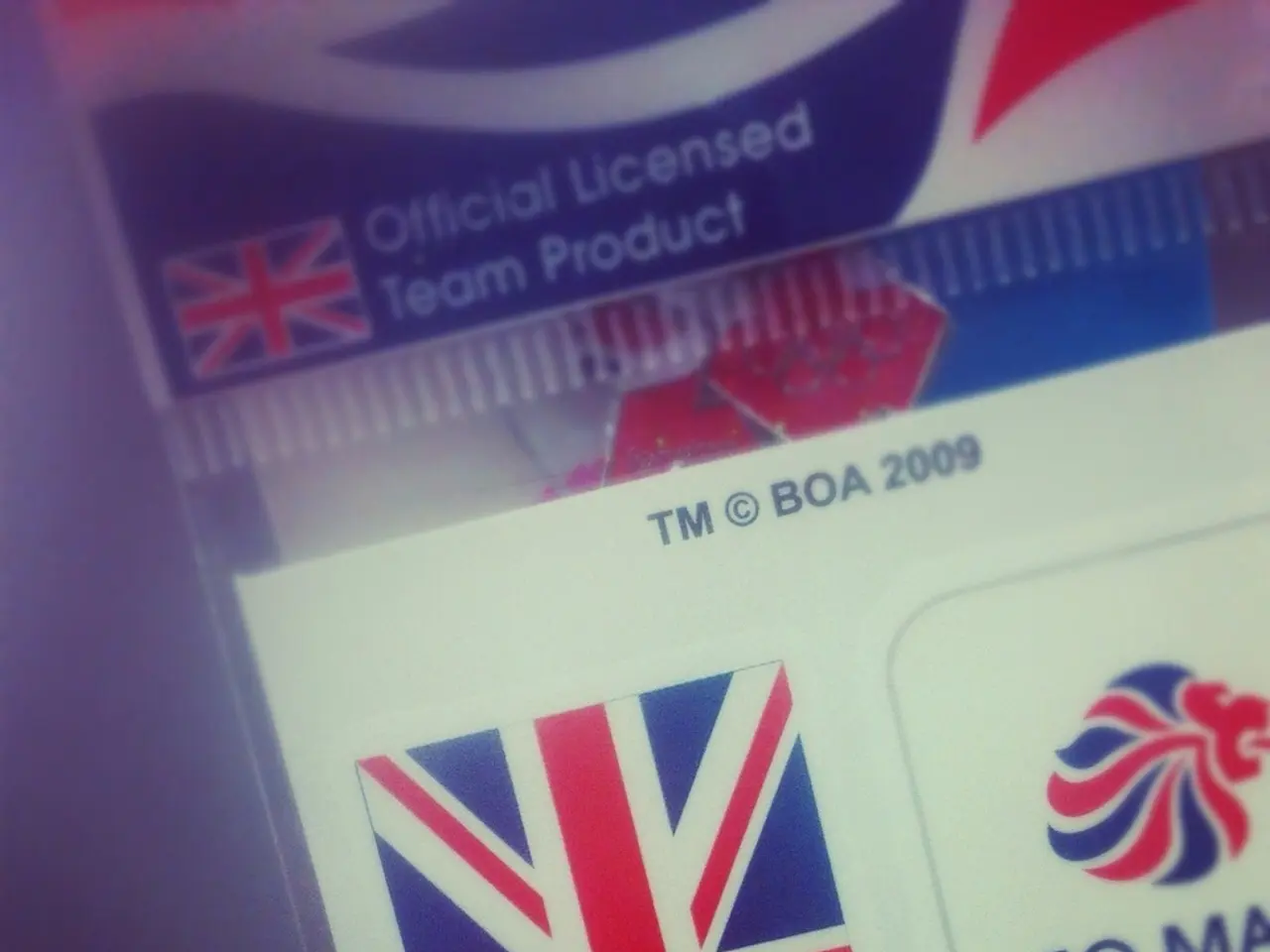Cybersecurity Leaders Unite to Advocate for Global Unification of Cybersecurity Regulations
In a significant move, Chief Information Security Officers (CISOs) from 45 powerful global companies have penned a letter to the Group of Seven (G7) nations and the Organization for Economic Cooperation and Development (OECD), advocating for the harmonization of cybersecurity regulations. The signatories, which include tech giants like Amazon Web Services, major banks such as Danske Bank, and influential healthcare firms, believe that the time for consistent international cybersecurity rules is now.
The letter calls for a common ground in cybersecurity standards, frameworks, and incident reporting requirements, aiming to reduce fragmentation and inconsistencies in regulations. It also emphasizes the importance of international cooperation and information sharing to enhance collective cyber defence capabilities. Furthermore, the companies urge governments to facilitate a balanced approach that protects security without stifling innovation and business operations.
The broad list of signatories reflects widespread frustration across industries about the international morass of conflicting and redundant cyber rules. Microsoft, in its own blog post, warns that regulatory divergence limits the ability of governments and private sector entities to share threat intelligence efficiently, weakening collective cyber resilience.
The OECD, as suggested by the companies, should convene relevant stakeholders, including industry and other non-governmental representatives, once or twice a year. The approach, according to Schwartz, is the right approach to getting action on this issue. The OECD should develop an "action plan" to implement world leaders' harmonization vows and provide regular progress updates.
The Biden administration has launched an effort to tackle cyber regulatory harmonization through the Office of the National Cyber Director. Lawmakers in the U.S. share the executive branch's concerns about confusing and overlapping cybersecurity rules. The Trump administration, which had vowed to cut regulations across the board, is also likely to continue the effort to tackle cyber regulatory harmonization.
Other countries are likely to share the United States' worries about the security impacts of regulatory compliance. The letter urges governments to focus on aligning cybersecurity regulations, suggesting specific ways to harmonize rules, including reciprocity agreements, international standards, and expanded authorizations for third-party audits.
This advocacy reflects the pressing need for enhanced global coordination in cyber regulation as digital ecosystems and threats increasingly transcend national boundaries. The CISOs’ letter seeks to inform and influence policymaking efforts within major economic powers to build more resilient and interoperable cybersecurity practices internationally.
- The letter from the CISOs encourages the OECD to establish a common ground for cybersecurity standards, frameworks, and incident reporting requirements.
- The signatories believe that international cooperation and information sharing are crucial to enhancing collective cyber defense capabilities.
- The companies are advocating for governments to facilitate a balanced approach in cybersecurity regulations that protects security without hindering innovation and business operations.
- The letter suggests that governments should focus on aligning cybersecurity regulations by implementing reciprocity agreements, international standards, and expanded authorizations for third-party audits.




